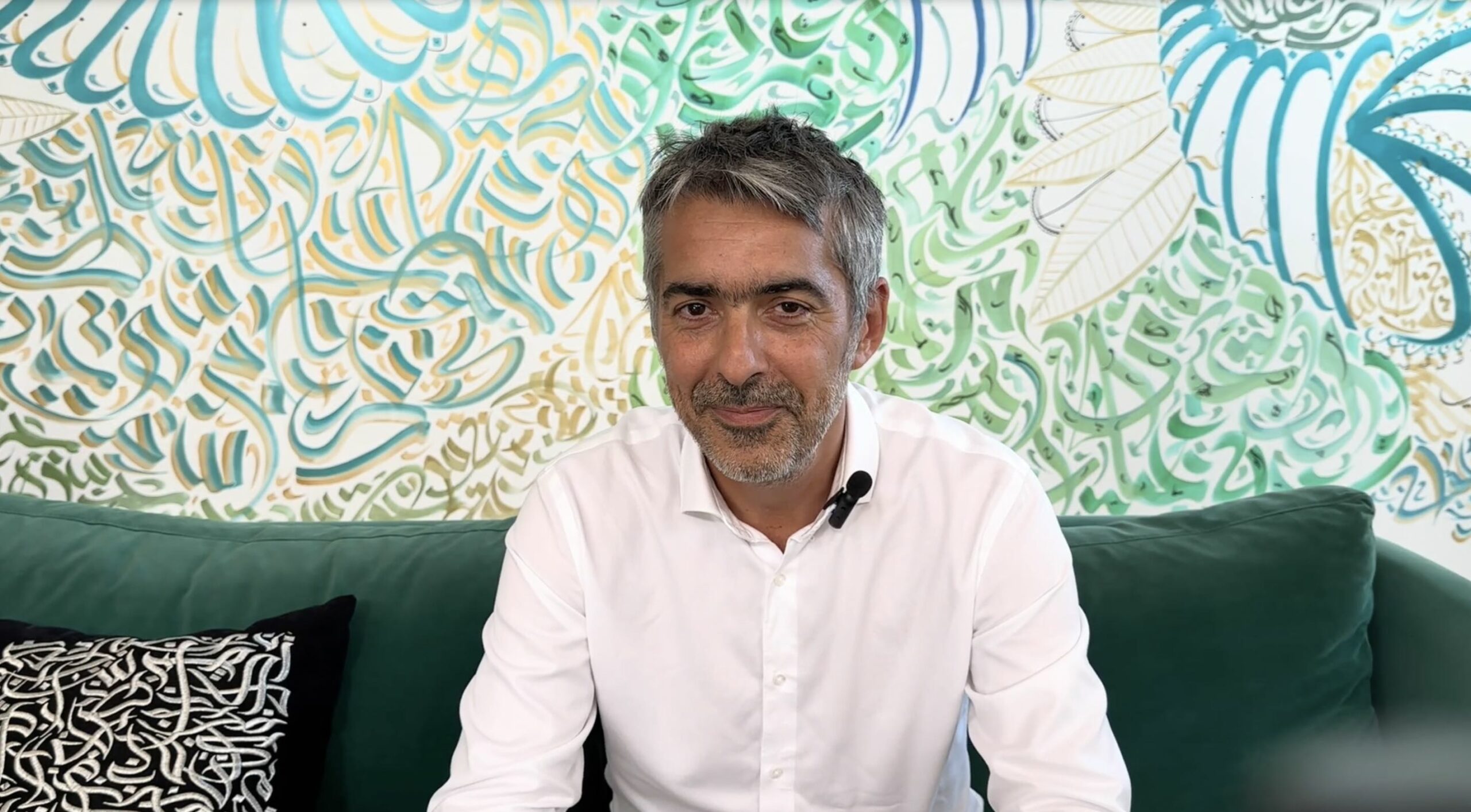
Pierre Bahurel, oceanographer, is CEO of Mercator Ocean, a European organisation specialising in ocean forecasting.
His organisation focuses on providing a comprehensive and usable description of the ocean: temperature, salinity, phosphates, nitrates, acidity and many other parameters. « To give you an idea of the scale, imagine covering the planet with a grid of points every 4-5 km, and going all the way down to the bottom. That makes millions of grid points. And every 10 minutes, at each point, we update 30 variables. «
This approach makes it possible to track the impact of pollution, whether from plastic or oil, and to understand how it evolves over time and space. Pierre Bahurel recounts: « When I started this job, there had been a fairly serious oil spill and the Minister of the Environment said, “It’s a shame we don’t know what’s happening now that the oil has sunk below the surface.” That really annoyed me: we did know! We already had software that could track all of this, but no one really knew about it. «
A collaborative and European approach
Mercator Ocean, based in Toulouse, collaborates with hundreds of scientists across the world and Europe, integrating data and research from Italy, Norway, Denmark and other countries. ‘We have set up a system that covers the entire globe and then disseminates the information to all continents. Today, we have tens of thousands of subscribers and everything is free, thanks to the support of the European Commission.’
According to him, the European dimension is essential: ‘It was Europe that decided to set this up so that everyone could have access to this information.’
He also stresses the importance of knowledge about the ocean for thinking about human survival: ‘I think it’s much more important to know the water temperature than the stock market and the CAC 40. I think that every morning in schools, we should give an indicator of what is happening in the ocean and the climate.’
From film to video game: an interactive immersion
Traditionally, ocean forecasts were presented in the form of visualisations similar to films. Today, Mercator Ocean offers an interactive immersion based on simulations. Pierre Bahurel explains: ‘Our idea is that anyone, whether they are 8 or 88 years old, can pick up their phone and say: “I have a question (…) I would like to know where the pollution that has washed up on my beach comes from.”’
This interactivity makes it possible to analyse the trajectory of pollutants and understand their impact on a local and international scale. ‘This example helps us understand that pollution knows no borders and therefore why it is important to have agreements between countries in order to take effective action.’
Citizenship in the service of the ocean
Technology also empowers citizens. By simulating the dispersion of plastics and other pollutants, everyone can observe the impact of their actions. For example, we could test: ‘If I put a tonne of plastic on the beach, I click and see where it goes.’
Thanks to these tools, it is possible to assess the consequences of a partial reduction in pollution on an ecosystem. ‘If we could reduce the impact of pollution by 50%, we could restore an ecosystem. So that gives us a lot of hope. Because we have scientific proof of another possible future.’
A digital twin for exploration and testing
This ambitious project is the digital twin of the ocean, an interactive 3D model that allows us to virtually experiment with the consequences of actions or decisions. « You can navigate in 3D in this video game. You can even test all the silly things you want in this ocean because it’s virtual. It’s a dynamic twin that allows us to test things out a little, to understand how things would turn out if we made this or that decision. »
The digital twin thus makes it possible to centralise knowledge, integrate data from laboratories, satellites and buoys, and make it immediately accessible.
Access and prospects
Mercator Ocean makes its tools available on its website and through the European Copernicus Marine programme. The European digital twin of the ocean, called European Digital Twin Ocean, is currently being developed and includes interactive modules such as plastic circulation simulation and turtle tracking from the beaches of Costa Rica. Others will follow.
Pierre Bahurel concludes: ‘I like my job. I like the idea that it is Europe that has succeeded in doing this kind of thing. I like the idea that the information we are talking about is a common good. I live on this planet, I have the right to know what is happening on it.’
Testimonies from the same panel